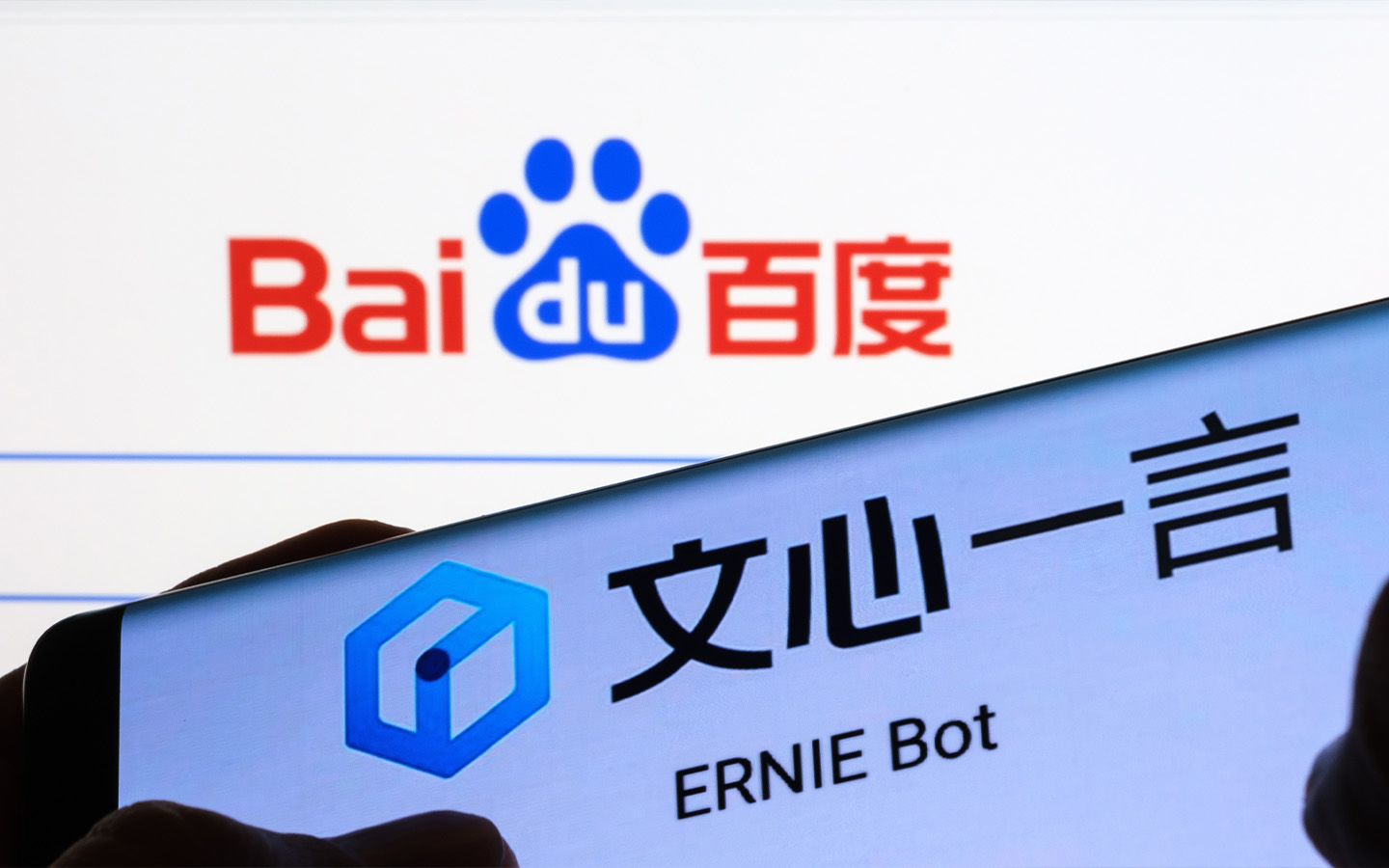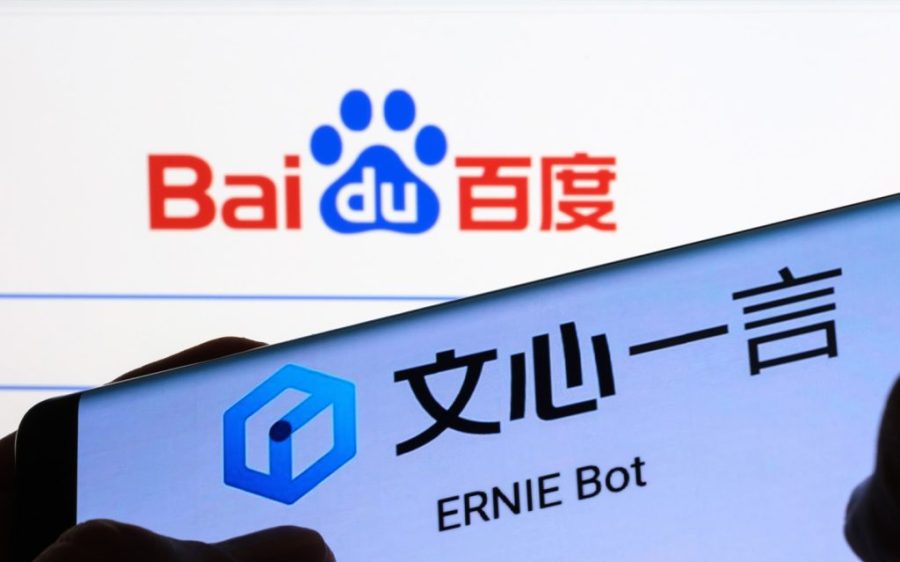Beijing tech giant Baidu started making some of its generative artificial intelligence (AI) large language models open-source on Monday, multiple media outlets report. The models are 10 variants of Ernie 4.5, according to yesterday’s announcement by the company.
Baidu has previously supported a proprietary (closed source) business model, but its CEO Robin Li said in February that the advent of DeepSeek – which is open-source – had upended the sector. DeepSeek claims to offer an AI chatbot comparable in performance to OpenAI’s pioneering ChatGPT (which is not open source), but with significantly lower operational costs. DeepSeek is headquartered in Shenzhen, Guangdong Province, while OpenAI is a US company.
The move is a big deal for the global generative AI sector. Sean Ren, associate professor of computer science at the University of Southern California, told CNBC that “every time a major lab open-sources a powerful model, it raises the bar for the entire industry.”
[See more: AI will make us ‘rediscover what it means to be human’, expert promises]
Baidu’s open-sourcing of Ernie means its underlying AI model and code will be freely available to the public, though the biggest impact could be on prices charged by its closed-source competitors. Alec Strasmore, founder of AI advisory Epic Loot, told CNBC that Baidu had done the equivalent of throwing “a Molotov cocktail into the AI world” by providing something for free that others charge top dollar for.
In April, Li said he hoped that making Baidu models open-source would “empower developers to build the best applications — without having to worry about model capability, costs, or development tools.”
Baidu is known as China’s Google due to its dominance in the mainland’s search engine market. While largely unknown outside of China, OpenAI chief executive Sam Altman has previously acknowledged that Ernie poses a threat to his company and that he would consider an open-source strategy in the future.






